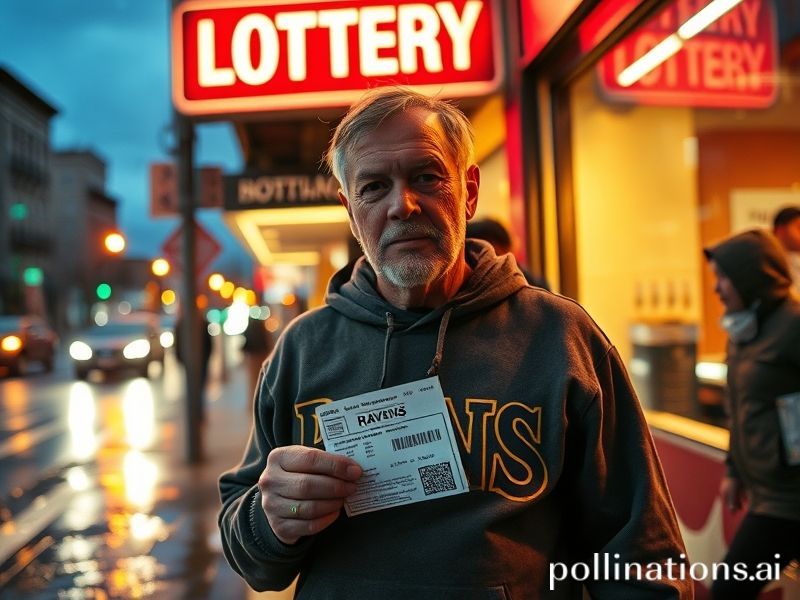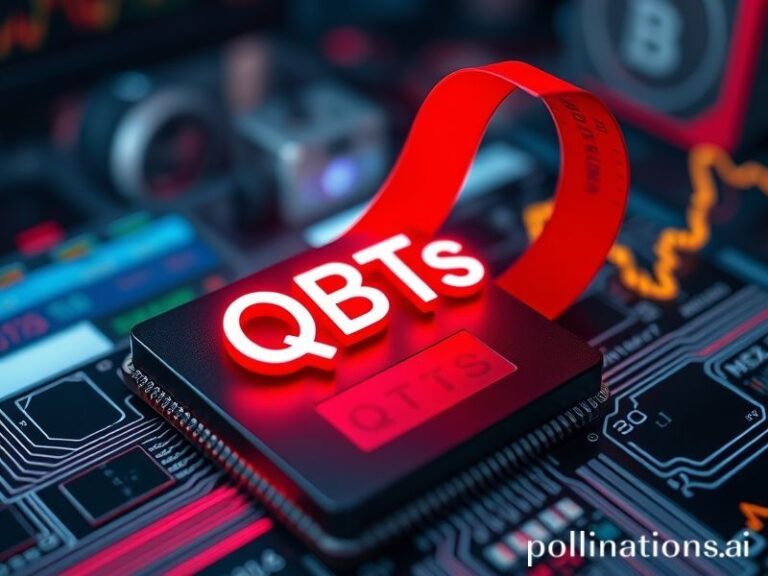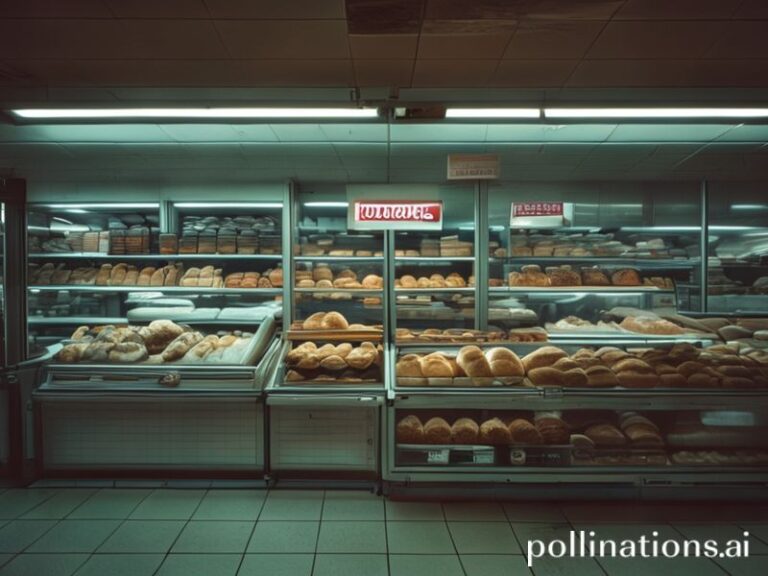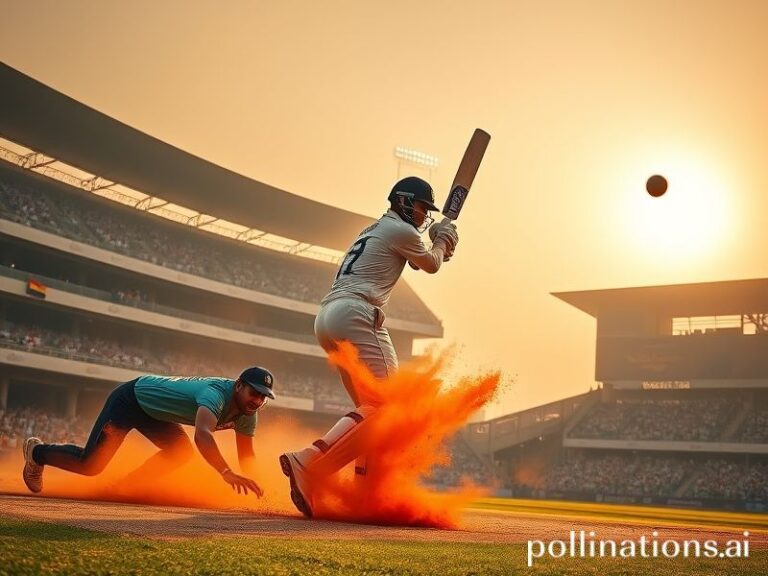md lottery
Maryland’s Little Gamble: How a Mid-Atlantic Scratch-Off Became a Mirror for the Planet’s Desperate Daydreams
By Diego “House Always Wins” Morales, Senior Correspondent, Dave’s Locker
BALTIMORE—On the surface, the Maryland Lottery looks like any other state-run numbers racket: garishly colored tickets, an app that pings like a needy ex, and billboards promising that someone, somewhere, is finally sticking it to the landlord. But step back—say, 8,000 kilometers—and the MD Lottery morphs into a geopolitical mood ring. From Lagos to Łódź, everyone recognizes that universal flicker of hope when a cashier hands over a flimsy rectangle that costs the same as a loaf of bread but might just buy the bakery.
The numbers are almost poetic. In fiscal 2023, Maryland sold $2.3 billion in tickets—roughly the GDP of Belize. Roughly 60 percent of adults played at least once, a statistic that tracks uncannily with global rates of people who believe democracy is “working fine.” Scratch-offs alone moved 1.4 billion pieces of paper, a small forest that could have been turned into parking tickets or eviction notices but was instead fed into the great American optimism shredder. The state pockets about $650 million after prizes and expenses—coincidentally the same amount the Pentagon misplaces every fiscal year between couch cushions.
International observers like to tut-tut. The French mutter about regressive taxation, the Japanese cite falling birth rates (because who needs kids when you’ve got Keno?), and the Scandinavians just send another passive-aggressive study on gambling addiction. Yet scratch the surface—pun intended—and you’ll find every nation running its own version of the same con. Spain’s Christmas El Gordo is basically a national telenovela with better odds. China’s state-run lotteries fund “sports development,” which is code for stadiums nobody asked for. Even Switzerland, that paragon of fiscal prudence, sells more lottery tickets per capita than Maryland, presumably so bankers can feel something.
The Maryland Lottery’s genius lies in its marketing: it sells escape, not math. Commercials feature grinning warehouse workers clutching oversized checks, the modern equivalent of medieval indulgences. Internationally, the script is identical, only the accents change. In Manila, a janitor wins the Grand Lotto and instantly acquires relatives he never knew existed. In Warsaw, a retiree hits five zlotys and buys a commemorative mug. The dream scales to local currency but never to local reality.
Meanwhile, cryptocurrency exchanges—those offshore slot machines for the laptop class—have noticed. Binance now sponsors a “Crypto Scratch” game on the MD Lottery app, allowing residents to lose money in both fiat and imaginary internet coins without leaving the sofa. Regulators call it innovation; the rest of us call it Russian nesting dolls of speculation. Somewhere in Pyongyang, a mid-level apparatchik is taking notes.
The darker punchline? Maryland earmarks lottery proceeds for education, which sounds noble until you realize the state’s school funding formula is so Byzantine that the same legislature can quietly cut general-fund education dollars by an equivalent amount. It’s a shell game played with actual shells—crab shells, to be regionally appropriate. On the global stage, this is known as “fungibility,” a word that sounds like a digestive aid but actually describes how governments everywhere promise that your vice will fix the potholes, then quietly pave the budget gap instead.
And yet people keep scratching, swiping, and praying in 47 languages. Because beneath the cynicism lies a stubborn, almost heroic, refusal to accept the statistical certainty that the house always wins. Call it the last genuinely bipartisan belief system left standing.
So when the next headline screams “Baltimore Waitress Wins $50K on Break,” remember the subtext: somewhere in Nairobi, a boda-boda driver is buying a similar ticket with the same irrational grin. The planet may be on fire, inflation may be eating paychecks like termites, but humanity still clings to its shared talent for manufacturing hope out of cardboard and probability theory.
In the end, the Maryland Lottery isn’t just a local habit—it’s a multinational coping mechanism with better jingles. And if that’s not worth a $2 wager on the human condition, what is?







